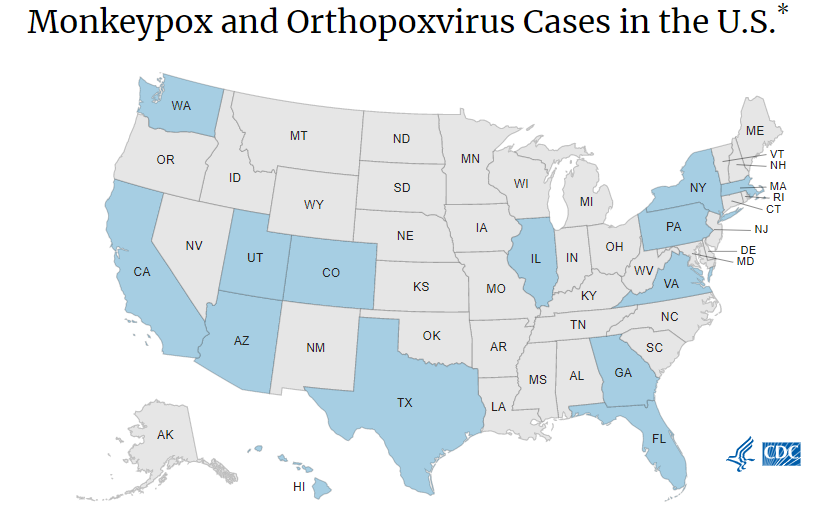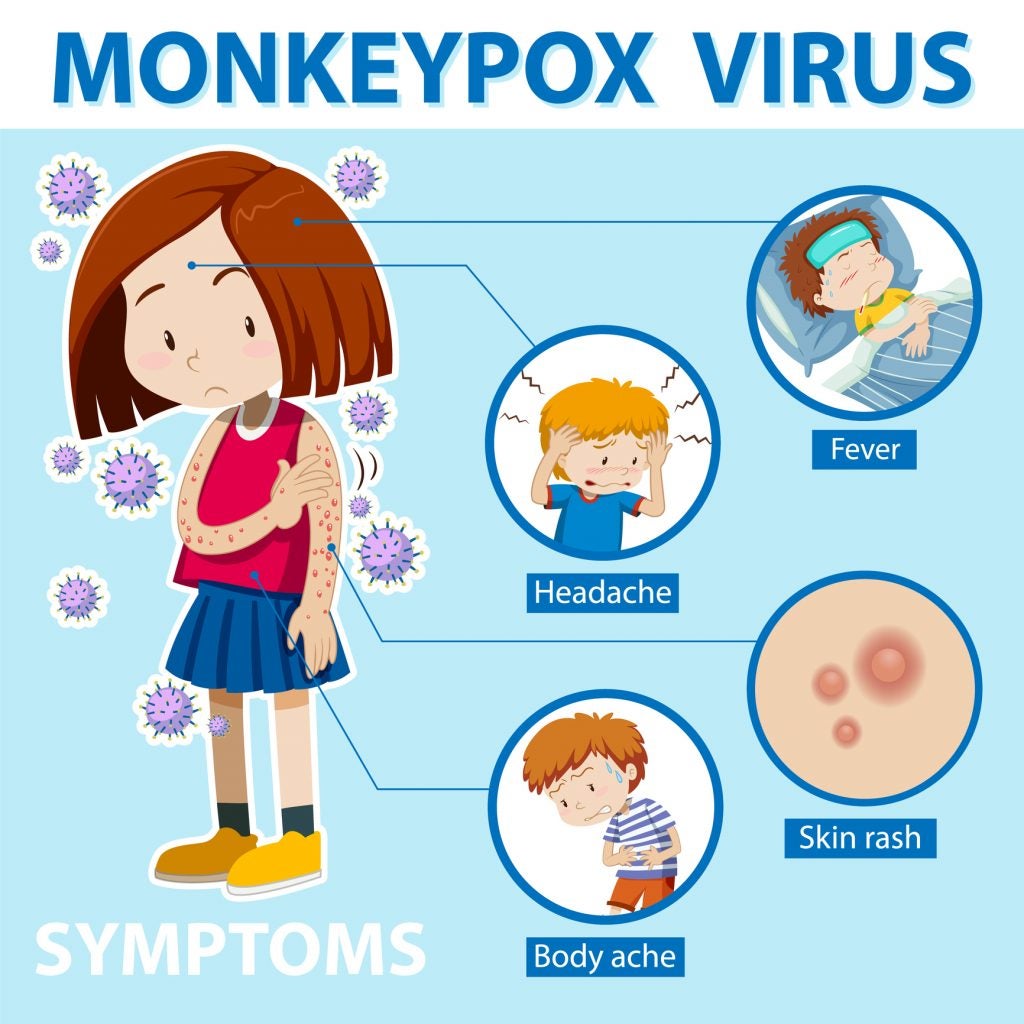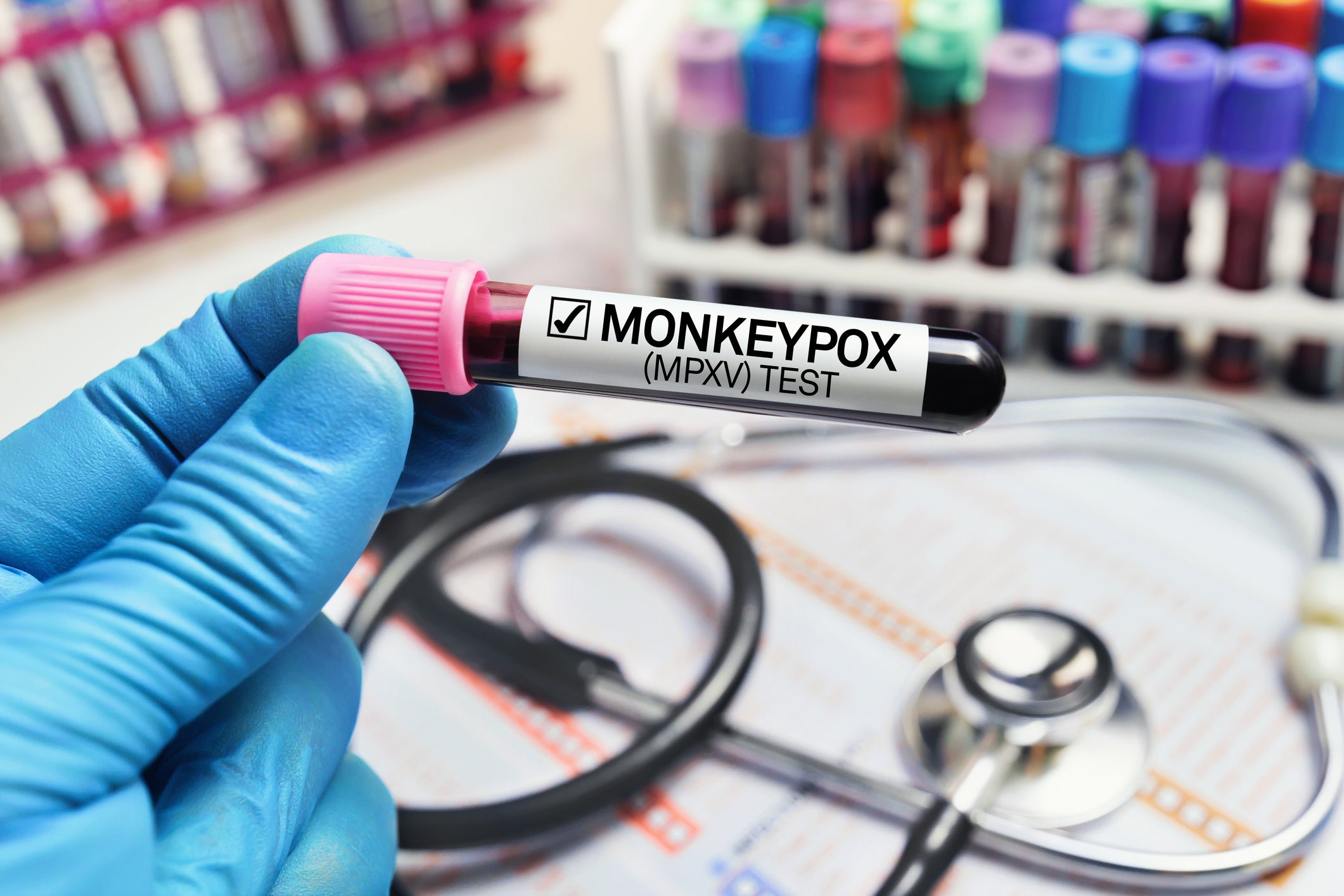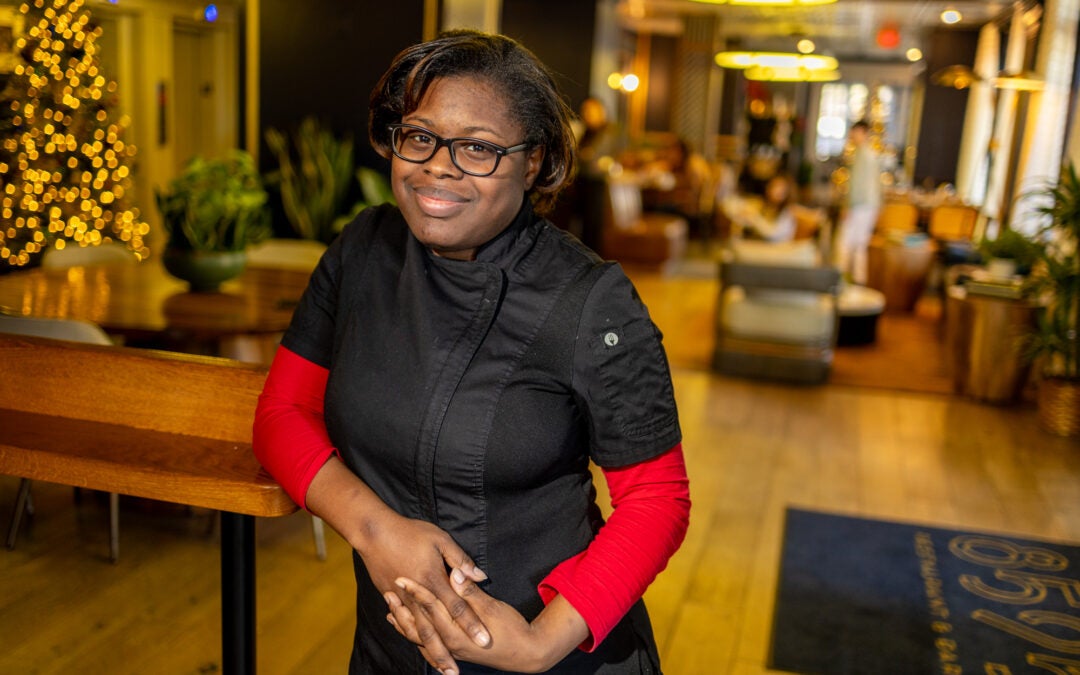Researchers at the Georgia Esoteric and Molecular Laboratory at Medical College of Georgia at Augusta University are ready to join other labs across the U.S. that are testing for monkeypox.
The first case in the United Kingdom was in an individual who had traveled to Nigeria, developed a rash in late April and tested positive for the virus on May 6. Since then, 1,088 cases have now been reported in 29 countries including the United States which has 34 reported cases as of June 7.

Dr. Ravindra Kolhe, director of the GEM Lab, said currently more than 70 labs are assisting CDC with testing. His lab is not yet involved, but he said that can change depending on two things.
“When the numbers start increasing, and the capacity of those labs is decrease or if somebody wants a rapid answer, the CDC will put out guidance for local labs to bring this test in house and provide that testing. So, I think I would say the requirements would be a fast answer, or the existing CDC laboratories are exhausted with resources,” he said
MORE: Georgia confirms first monkeypox case
Capt. Jennifer McQuiston, Deputy Director, Division of High Consequence Pathogens and Pathology at the Centers for Disease Control and Prevention, said during a June 3 briefing with reporters the strain of the virus that has been detected is the West African clade, which is one of the less severe strains.
“Meaning that in historical outbreaks in Africa it has led to fewer deaths. Right now, no deaths have been recorded in this outbreak among either the US cases or those in other countries. That being said, we don’t want to minimize this condition,” she said.
Unlike SARS-CoV-2 which can be spread through the air, the monkeypox virus is spread primarily through direct contact with infectious sores, scabs or body fluids. It can be spread by respiratory secretions, but that requires prolonged, face-to-face contact, such as kissing.
The Georgia Department of Public Health confirms a previously suspected case of monkeypox in metro Atlanta has now been confirmed.

“The individual remains in isolation at home, and DPH continues monitoring his symptoms and contact tracing – all of which began last week with the orthopoxvirus diagnosis,” said department spokeswoman Nancy Nydam.
An update on monkeypox and other diseases, including COVID-19 is on the agenda for the June 14 meeting of the Georgia Board of Public Health.
MORE: New data shows long-term health concerns for patients who had COVID-19
The virus that causes monkeypox has characteristics similar to smallpox, so the ACAM200 and JYNNEOSTM (also known as Imvamune or Imvanex) vaccines currently licensed in the United States to prevent smallpox can provide some protection. The CDC recommends people whose job may expose them to monkeypox consider being vaccinated. That includes clinical laboratory personnel who perform testing to diagnose orthopoxviruses, research laboratory workers who directly handle cultures or animals contaminated or infected with orthopoxviruses that infect humans and certain healthcare and public health response team members designated by public health authorities to be vaccinated for preparedness purposes.
As cases have continued to spread, the CDC has issued a level two travel advisory. A level two alert tells travelers to practice enhanced precautions. It does not include a recommendation for masking, but it is encouraged.
Kolhe said it is natural for people to be concerned about the spread of monkeypox after being on alert for more than two years because of COVID-19.
“This is a different pathogen, obviously, from COVID. It is much less efficiently spread. For example, we really need to have this virus come in contact, physical contact, with another individual,” he said. “So, I don’t think there’s any reason to panic. The advantage of having gone through one pandemic is it has helped us prepare to deal with situations like this way better than what we had in March of 2020. So, the experience and the knowledge which we have gained from this last two and a half years will definitely help us provide a better public health service.”
Dana Lynn McIntyre is a general assignment reporter for The Augusta Press. Reach her at dana@theaugustapress.com










